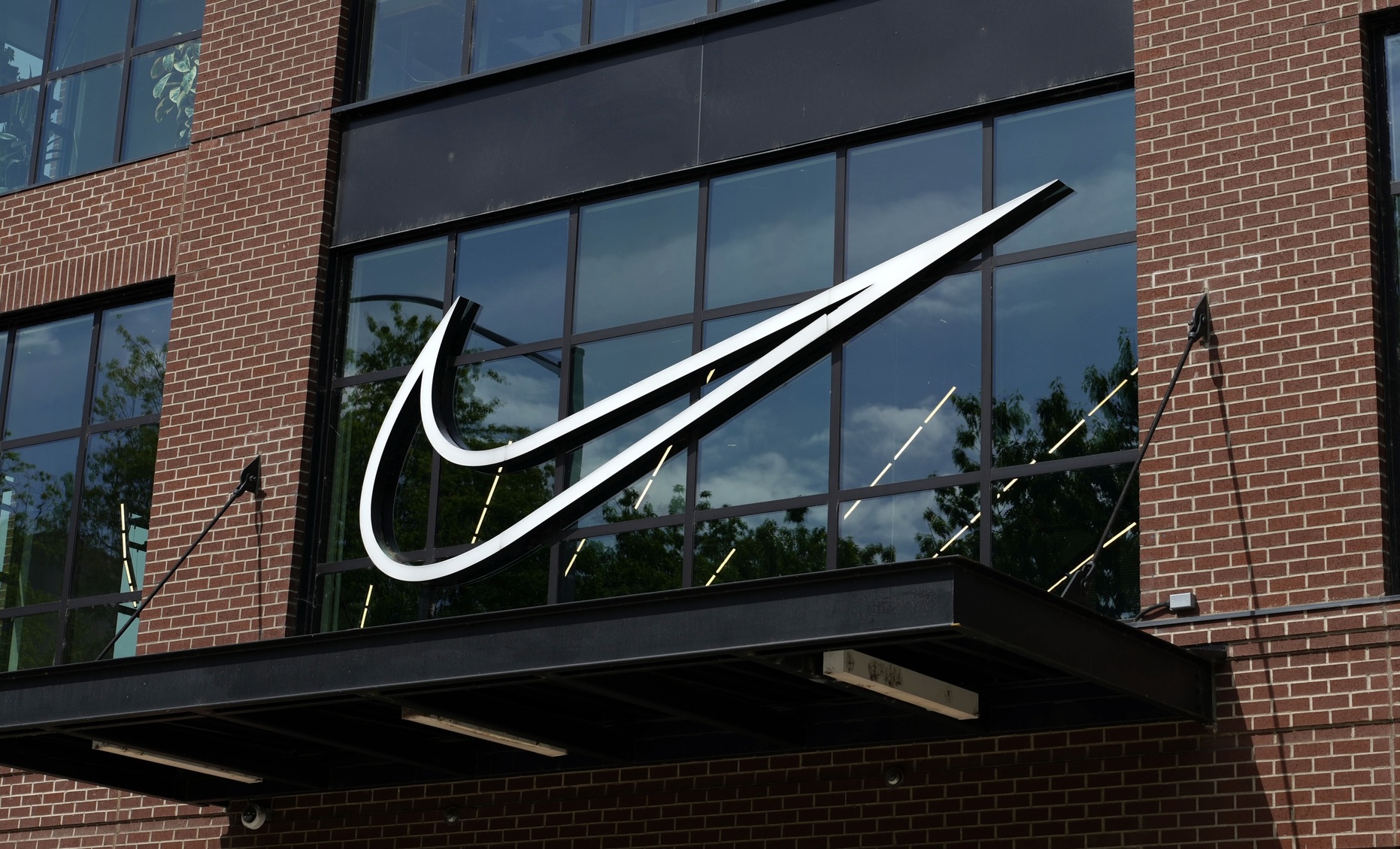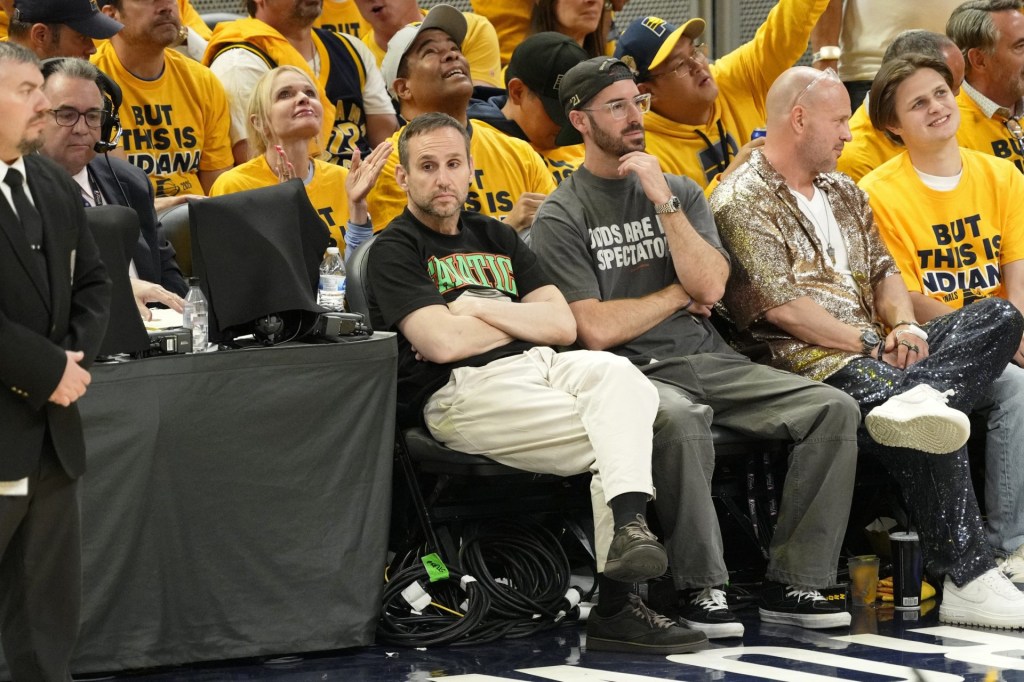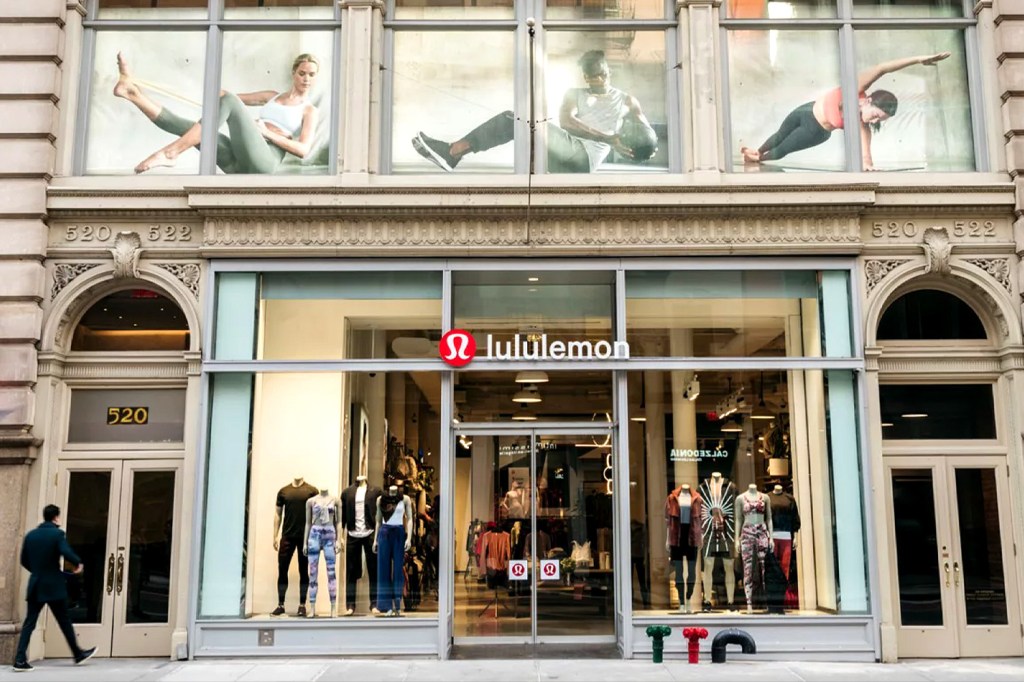Earlier this year, Nike cut wide swaths of employees, laying off staff in an effort to cut costs ahead of what would be a disastrous earnings call this summer.
In the months since those costs, local media in Oregon have dug into exactly who lost their jobs at the sportswear giant. Who were those 1,500 people that Nike let go, including the 700 jobs in Oregon?
The first answer: executives. Last week, The Oregonian reported that among the 700 job cuts in the state, nearly half were vice presidents, senior directors, and directors.
This week, the same reporter—partnering with ProPublica—found another disproportionate source of job cuts: sustainability.
Nike laid off about one-fifth of its employees working on sustainability, the Oregonian/ProPublica review found, a far greater proportion than the 2% worldwide cuts and 7% cuts in Oregon. Another tenth of those employees have quit or been reassigned, the review found.
There were earlier signs that Nike’s vaunted commitments to reducing its carbon footprint were wavering. “Its emissions have instead grown slightly since 2015,” The Oregonian and ProPublica reported.
The outlets wrote Nike would not confirm their conclusions on the cuts, but the company did make its “chief sustainability officer” available for an interview. She told the reporters, “We’re not walking away from sustainability. I mean, full stop. We are committed,” but explained that in the cost-cutting era, they had embraced an “embedding” approach that made sustainability something every employee had to focus on.
One former Nike employee told the news outlets that the job cuts amounted to a “sustainability bloodbath.”
It’s the latest in what appears to be a never-ending streak of bad headlines for the longtime dominant power in apparel and sneakers. In June, a poor earnings call—revenue was down 2%, unacceptable to Wall Street—brought the knives out. Late last year, Nike stock was trading above $120 a share; this week, the stock was trading closer to $70. And the company is suffering away from the Street, too. Analysts have hinted at “regime change”; the Financial Times wrote this week that the company’s “turnaround efforts” were failing; sneakerheads blasted their products as “stale.”
If there’s any solace for Nike in the ProPublica story, it’s that sustainability appears to be one area in which its competitors are joining them in a race to the bottom.
“If you have conversations with CEOs in the industry, they will admit that it’s very difficult, if not impossible, to accomplish what has been committed to years ago,” a former McKinsey executive was quoted as saying. “Realistically, we’re going to see a wave of companies changing the targets or postponing the timeline.”

















